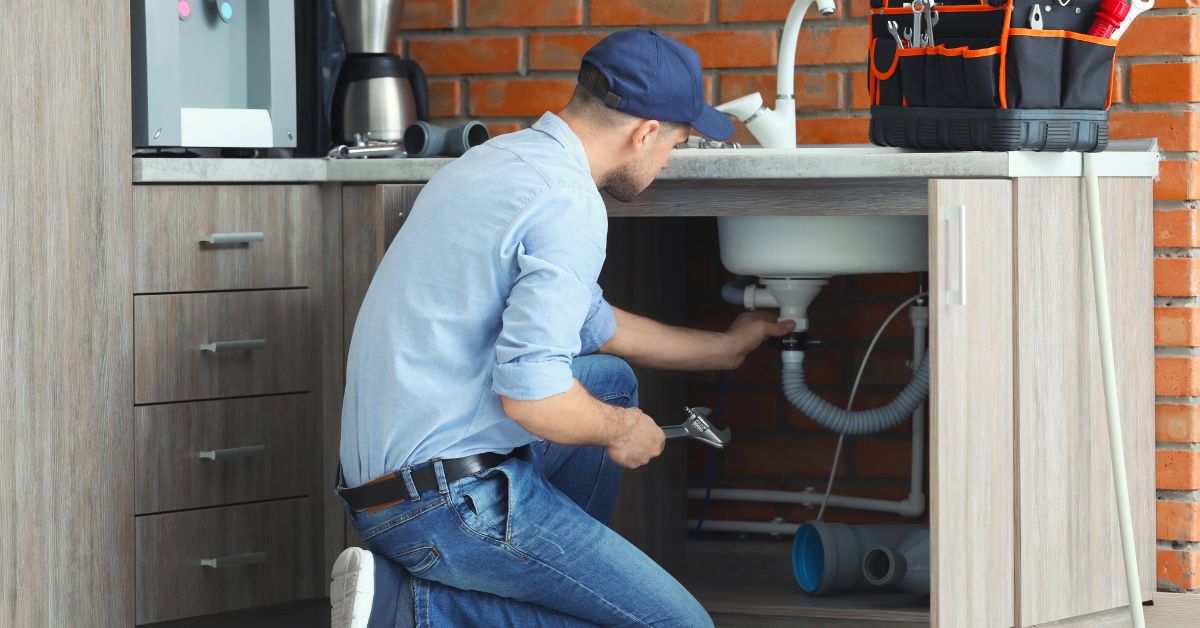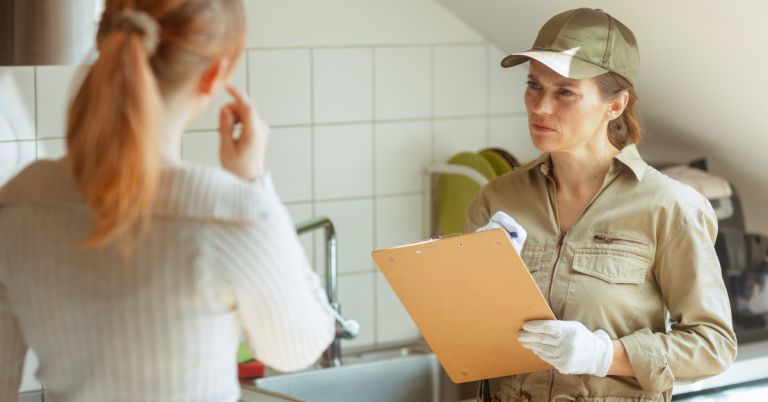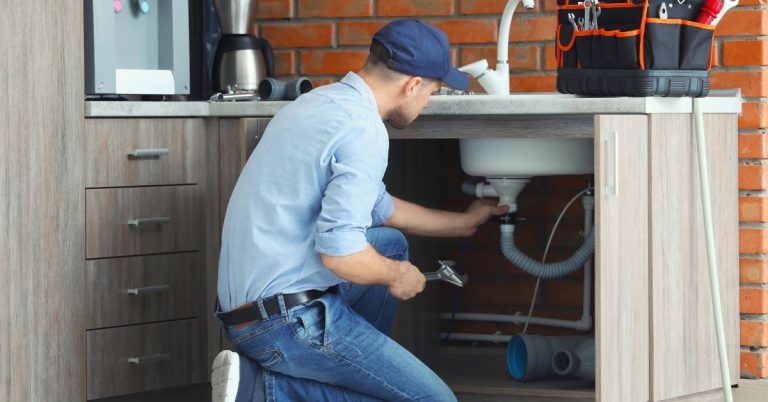Routine residential plumbing maintenance helps prevent leaks, water damage, and costly repairs by ensuring pipes, fixtures, and drains function efficiently for a reliable, leak-free home.
Key Takeaways:
- Prevents plumbing leaks and damage
- Extends system lifespan
- Saves money on repairs
- Maintains home efficiency
Keeping your home’s plumbing system in excellent condition is essential for a comfortable and leak-free lifestyle. Routine residential plumbing maintenance helps you prevent costly water damage, preserve water efficiency, and extend the lifespan of your fixtures and pipes. At the heart of every smoothly running home lies a well-maintained plumbing system, and with consistent care, you can avoid unexpected breakdowns and ensure your household remains stress-free.
Table of Contents
Why Regular Plumbing Maintenance Is Essential
A well-maintained plumbing system is not only about convenience—it’s about protecting your investment. Over time, pipes, joints, and fixtures experience wear and tear due to constant use. Without proper attention, small leaks can develop into serious issues, leading to structural damage, mold growth, and excessive water bills.
By performing routine plumbing inspections, homeowners can detect minor issues early, saving thousands in future repairs. Furthermore, maintaining your plumbing system ensures efficient water flow, preventing blockages and preserving your home’s overall hygiene. For more tips on water efficiency, the U.S. Environmental Protection Agency provides helpful guidance on conserving water in residential homes.
Inspecting for Hidden Leaks and Water Damage
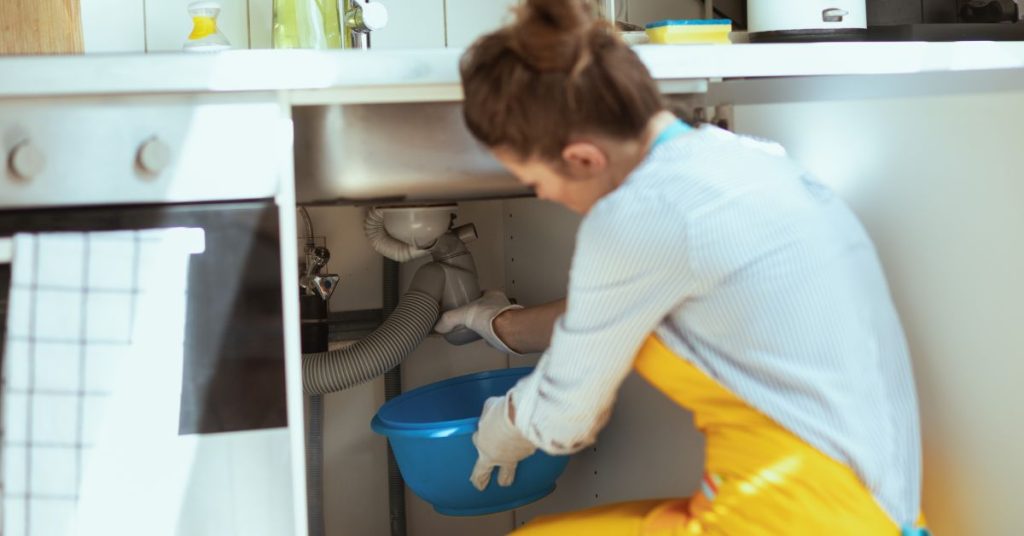
Even a small leak can waste hundreds of gallons of water per month. During routine maintenance, it’s vital to inspect all visible and concealed plumbing areas for leaks, corrosion, or water stains.
Start by checking:
- Under sinks for damp spots or mold.
- Around toilets for pooling water.
- Behind appliances like dishwashers and washing machines for signs of moisture.
- Outdoor faucets and irrigation systems for drips or soft ground.
If you notice any signs of leakage, act quickly. Professional plumbers use advanced tools such as water leak detectors and thermal imaging to locate hidden leaks within walls or foundations before they escalate into serious damage.
Maintaining Water Pressure and Flow Efficiency
Inconsistent water pressure can indicate underlying plumbing problems such as mineral buildup, leaks, or faulty pressure regulators. To maintain a balanced water flow, clean faucet aerators and showerheads regularly to remove sediment and debris.
If your water pressure drops suddenly, it might point to a hidden leak, pipe obstruction, or the need for a water line replacement. Routine maintenance should always include a pressure test to ensure the system operates within the optimal range—typically between 40–60 psi. Keeping your water pressure stable not only improves comfort but also protects your pipes from bursting due to excessive strain.
Checking and Flushing Water Heaters
Your water heater plays a crucial role in daily comfort, and it deserves consistent care. Over time, sediment accumulates at the bottom of the tank, reducing heating efficiency and potentially damaging the heater.
At least once a year, homeowners should:
- Flush the water heater to remove sediment buildup.
- Inspect the anode rod for corrosion.
- Check the pressure relief valve for safety.
- Examine for leaks around the tank base.
For tankless water heaters, descaling and filter cleaning are essential to prevent mineral deposits that affect performance. Regular maintenance ensures energy efficiency and consistent hot water supply, extending the unit’s lifespan. The U.S. Department of Energy provides a detailed guide on water heater maintenance and energy-saving tips for homeowners.
Get your water heater repaired or replaced the same day
Clearing Drains and Preventing Clogs
Blocked drains are among the most common household plumbing issues. Routine maintenance helps prevent major blockages that could require professional drain cleaning or even pipe replacement.
Simple practices can help keep your drains clear:
- Avoid pouring grease, coffee grounds, or food scraps down the sink.
- Use drain strainers to trap hair and debris in bathroom drains.
- Flush drains with a mixture of hot water, baking soda, and vinegar monthly to remove buildup naturally.
For persistent or recurring clogs, professional hydro-jetting services can restore your pipes to like-new condition, ensuring smooth wastewater flow and odor-free plumbing.
Inspecting Toilets and Bathroom Fixtures
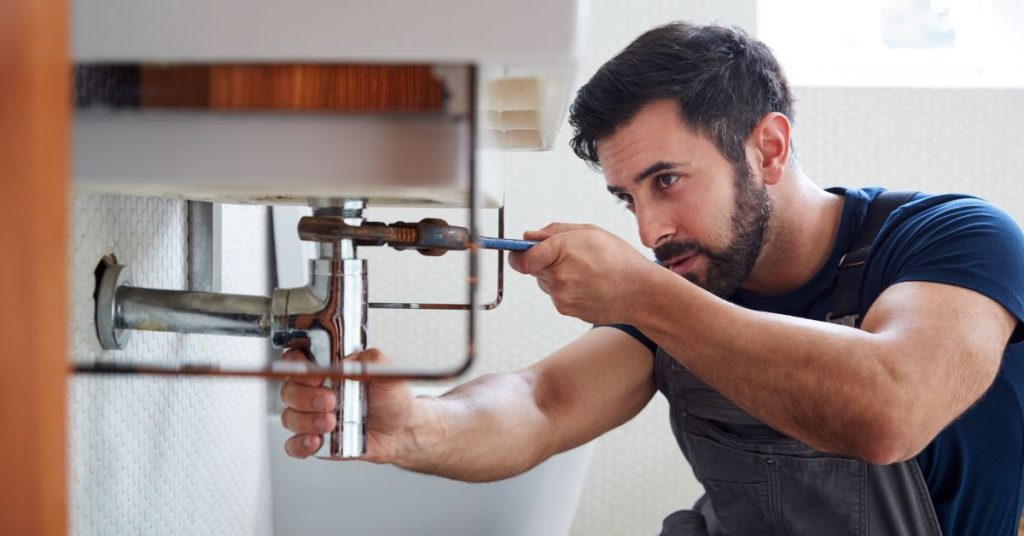
Toilets are prone to leaks, running water, and loose components that can waste significant amounts of water and increase utility bills. Regularly check your toilet’s flapper, fill valve, and flush handle to ensure they operate properly.
If you notice constant running or water pooling at the base, address it immediately. Sometimes, worn-out parts or seals need simple replacement, but persistent issues may require a faucet replacement or professional shower leaking repair to fully resolve leaks. Regular inspection and maintenance of bathroom fixtures not only conserve water but also enhance the overall efficiency and appearance of your home.
Maintaining Kitchen Plumbing and Appliances
The kitchen is one of the busiest plumbing zones in any home. Between the sink, dishwasher, and garbage disposal, routine maintenance can prevent major headaches.
To ensure smooth performance:
- Inspect sink drains for slow flow or odors.
- Clean the garbage disposal blades with ice cubes and lemon peels monthly.
- Check dishwasher hoses and seals for cracks or leaks.
- Examine water supply lines for signs of corrosion or mineral buildup.
If the garbage disposal shows persistent issues or unusual noises, a professional garbage disposal repair may be necessary to avoid further damage and maintain optimal kitchen function. Proper kitchen plumbing maintenance ensures sanitary operation, energy efficiency, and long-term appliance performance.
Protecting Outdoor Plumbing Systems
Outdoor plumbing systems often go unnoticed but are equally important. Regularly inspect sprinkler systems, hose bibs, and outdoor faucets to prevent leaks that can lead to water waste and landscape damage.
Before winter, drain and insulate exterior pipes to prevent freezing and bursting. Investing in frost-proof fixtures or pipe insulation can save you from expensive repair bills during colder months. Additionally, inspect sewer cleanouts and drainage systems to ensure proper flow and avoid backups caused by debris or tree root intrusion. For comprehensive maintenance, consider professional sewer inspection services to detect hidden blockages or damage before they escalate into costly problems.
Scheduling Professional Plumbing Inspections
While DIY maintenance is valuable, nothing replaces the expertise of a licensed plumber. Professionals can conduct comprehensive inspections using advanced diagnostic tools to identify potential issues invisible to the naked eye.
During a professional plumbing inspection, experts typically:
- Check water pressure and flow consistency.
- Inspect all joints, valves, and connectors.
- Test backflow prevention devices.
- Examine the sewer line for obstructions.
- Assess the efficiency of water-using appliances.
Understanding why an annual plumbing system check-up is essential for every home helps homeowners appreciate the value of regular inspections. By scheduling annual or bi-annual plumbing inspections, homeowners can maintain system reliability, reduce costly emergencies, and extend their plumbing system’s longevity.
The Benefits of Preventive Plumbing Maintenance
Implementing a preventive plumbing routine yields long-term advantages:
- Reduced repair costs through early detection of minor issues.
- Improved water efficiency and lower utility bills.
- Extended lifespan of pipes, fixtures, and appliances.
- Healthier living conditions by preventing mold and water contamination.
- Peace of mind knowing your home’s plumbing system is running efficiently.
Regular care not only preserves your property’s value but also contributes to environmental sustainability by conserving water and reducing waste.
Conclusion: Invest in Leak-Free Living
A proactive approach to plumbing maintenance keeps your home functional, efficient, and comfortable. From leak inspections to water heater care, each step helps maintain a reliable, long-lasting plumbing system. Routine DIY checks are helpful, but some issues require professional expertise.
Trusted plumbing services, such as 5 Star Best Plumbing in Los Angeles and Malibu, provide comprehensive solutions including water leak detection, faucet repair, and other essential plumbing services. Contact us to ensure your plumbing operates safely and efficiently, giving you peace of mind and protecting your home’s value.
Don’t wait for a leak to remind you of your plumbing’s importance—start your maintenance routine today and call the experts when needed to keep your home running smoothly.
FAQs
How often should I have my plumbing system inspected?
It’s recommended to schedule a professional plumbing inspection at least once a year. Regular inspections help detect small issues before they turn into costly repairs.
Can I perform plumbing maintenance myself, or should I hire a professional?
Basic maintenance like checking for leaks, cleaning drains, and inspecting faucets can be done by homeowners. However, complex tasks such as sewer inspections, water line replacements, and leak detection are best handled by professionals.
What are the signs of a hidden plumbing leak?
Common signs include unexplained water bills, damp spots, mold growth, or unusual sounds in pipes. Early detection is crucial to prevent extensive water damage.
How can I prevent clogged drains in my home?
Use drain strainers to catch hair and food particles, avoid pouring grease down the sink, and flush drains monthly with hot water and a natural cleaner like baking soda and vinegar. Regular care keeps water flowing smoothly and reduces the need for professional drain cleaning.
Why is regular water heater maintenance important?
Flushing your water heater removes sediment buildup that can reduce efficiency and damage the tank. Regular inspections of the anode rod, pressure relief valve, and tank condition extend the unit’s lifespan and ensure a consistent hot water supply.

